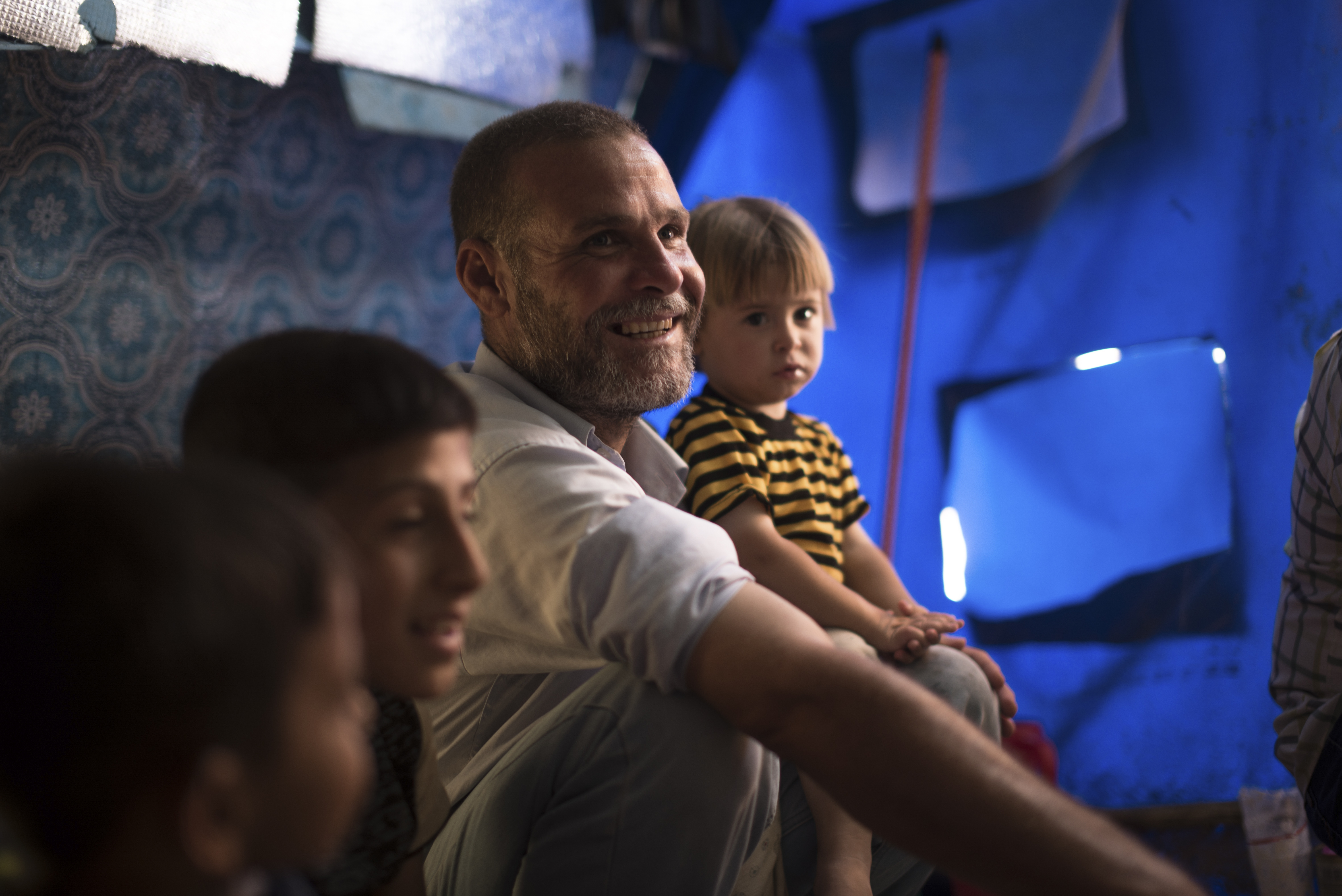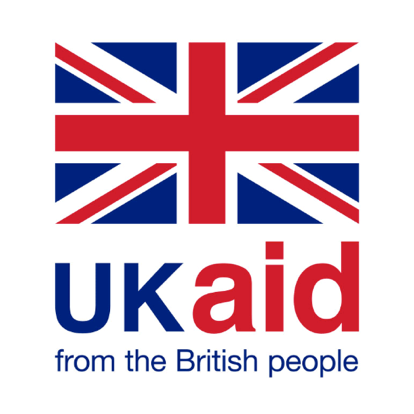Project • Ongoing
Humanitarian reform

Context
We believe global humanitarian reform begins in countries affected by disasters, not in global capitals. That’s why we want to understand how people affected by crisis experience humanitarian action – and help humanitarian actors change course as a result.
Objectives
We help affected people share their feedback with the humanitarian community across a joint humanitarian response with a regularly updated set of benchmarks that tells aid providers, coordinators, governments, and donors how affected people view the actions undertaken on their behalf. We provide statistically sound means of tracking performance over time against indicators linked to humanitarian response plans, identifying trends, barriers, and clear pathways to improvement.
Countries
With support from the UK Department for International Development (DFID), we aim to ensure that the voices of affected people influence global policy processes and specific humanitarian responses to the crises in three particular countries:
In Iraq, we are supporting the Humanitarian Country Team in undertaking an accountable programme and monitoring cycle, providing affected communities with opportunities to express their feedback. We are tracking shifts in perceptions over time, working with aid agencies and coordinators in-country to ensure that our findings inform positive changes.
In Uganda, we are supporting affected people in providing feedback on a set of indicators linked to the Refugee Response Plan (RRP). Monitoring perceptions over time allows us to help the humanitarian community identify clear areas for improvement and work together towards shared objectives.
In Somalia, we are overcoming access constraints to provide affected communities with opportunities to express their feedback on the ongoing humanitarian response, again tracking progress over time. Through regular meetings and presentations, we are working with aid agencies and response coordinators in-country to ensure that our findings inform response planning, implementation, and monitoring.
In every country where our teams are present, we work closely with local partners to close the feedback loop and communicate findings back to affected communities through community meetings, SMS, radio, and other channels.
Downloads
To see what we found in these countries since 2017, read our reports providing a field perspective on the Grand Bargain reforms. More recent findings are provided below.
Iraq
Country report December 2019
Country report March 2019
Uganda
Country report March 2020
Country report February 2019
Somalia
Recommendations report November 2019
Highlights page 2019 ENG/SOMALI
Bulletin September 2019
Country report March 2019
